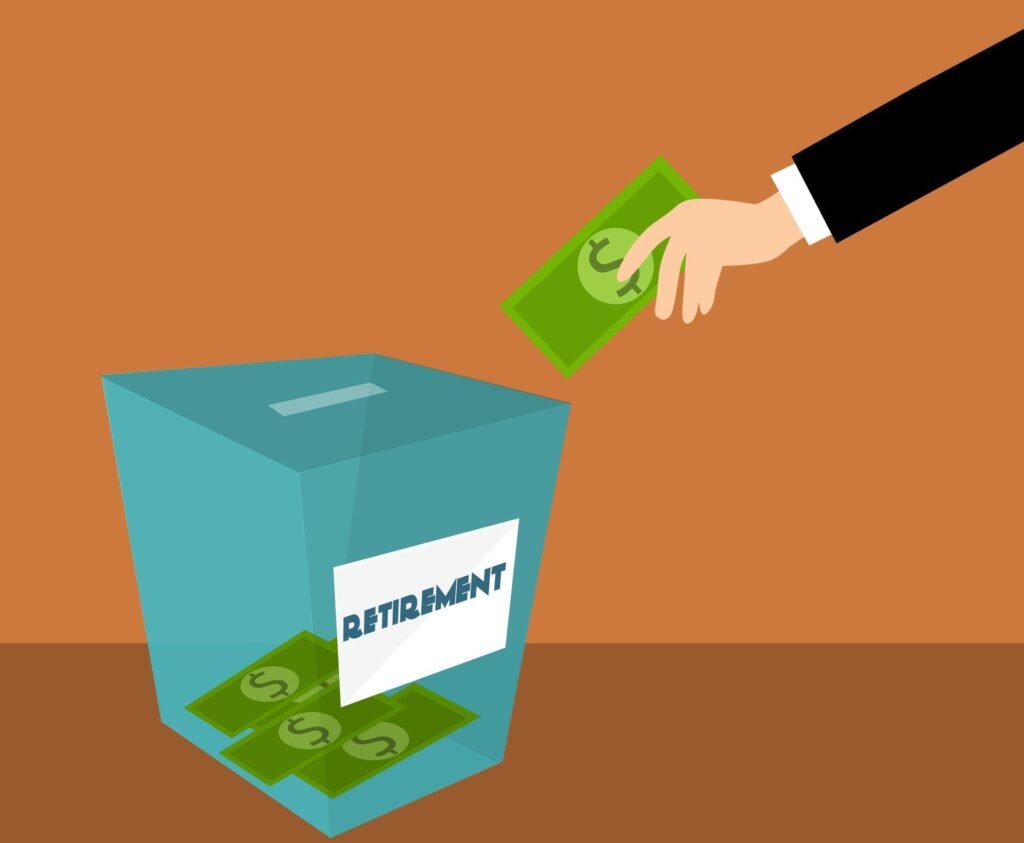Have you ever wondered about the tax implications of a private retirement scheme? As we plan for our golden years, it is crucial to understand the impact of taxes on our savings and investments. With constantly changing tax laws and regulations, navigating the world of retirement schemes can be overwhelming.
But fear not, in this post, we will unravel the complexities of taxes for private retirement schemes. Read on.
Contributions and Tax Relief
One of the primary benefits of participating in a private retirement scheme is the potential for tax relief on contributions. In many countries, contributions made to retirement accounts are eligible for tax deductions or exemptions. This reduces the taxable income for the year in which the contribution is made.
For example, if you contribute a portion of your salary to a private pension plan, these contributions may be deducted from your taxable income. It lowers the amount of tax you owe for that year. This can be an effective way to reduce your current tax burden and simultaneously build wealth for planning for future finances.
Investment Growth and Taxation
Another important consideration is the taxation of investment growth within a retirement scheme. Most private retirement accounts benefit from tax-deferred growth, meaning you won’t owe taxes on any:
- interest
- dividends
- capital gains
Which is earned within the account until you withdraw the funds. This allows your investments to grow without the drag of annual taxes, compounding your returns over time. However, this tax deferral does not last forever.
Withdrawals and Taxation
The tax treatment of withdrawals from a private retirement scheme can vary greatly depending on the type of scheme you have and the country you live in. In many cases, retirement savings are taxed as ordinary income when you start taking distributions. This implies that your income tax rate will be applied to the money you take out.
This may be higher or lower depending on your income during retirement. In some countries, there may be tax advantages for withdrawing funds in certain ways.
Taxation on Early Withdrawals
Additional tax penalties are usually incurred if you take money out of your retirement account before you reach the required retirement age. You could have to pay an early withdrawal penalty in addition to standard income tax on the amount taken out. This may serve as a strong disincentive to take early withdrawals from your retirement funds.
There are exceptions to these penalties but these vary by jurisdiction. Such as for:
- specific medical expenses
- hardship situations
Estate Planning and Taxes
Finally, it’s important to consider the tax implications of your retirement scheme upon your death. Many private retirement plans allow beneficiaries to inherit the remaining balance in the account, but the tax treatment of these inherited funds can vary. In some cases, beneficiaries may owe taxes on the funds they inherit, either as income or capital gains, depending on the scheme and local tax laws.
Effective estate planning can help mitigate the tax burden on your heirs. This ensures that they inherit your retirement savings in the most tax-efficient manner possible. Consulting an expert can help in choosing retirement planning options, such as comparing 401k vs. 403b.
Avoid a Private Retirement Scheme Now
A private retirement scheme is a powerful tool for securing financial independence in retirement. However, it’s essential to be aware of the tax implications that come with it.
By following this guide, you can make informed decisions that will maximize the benefit of your retirement savings. Always consult with an expert for financial security in retirement.
If you want to read more articles, visit our blog.


